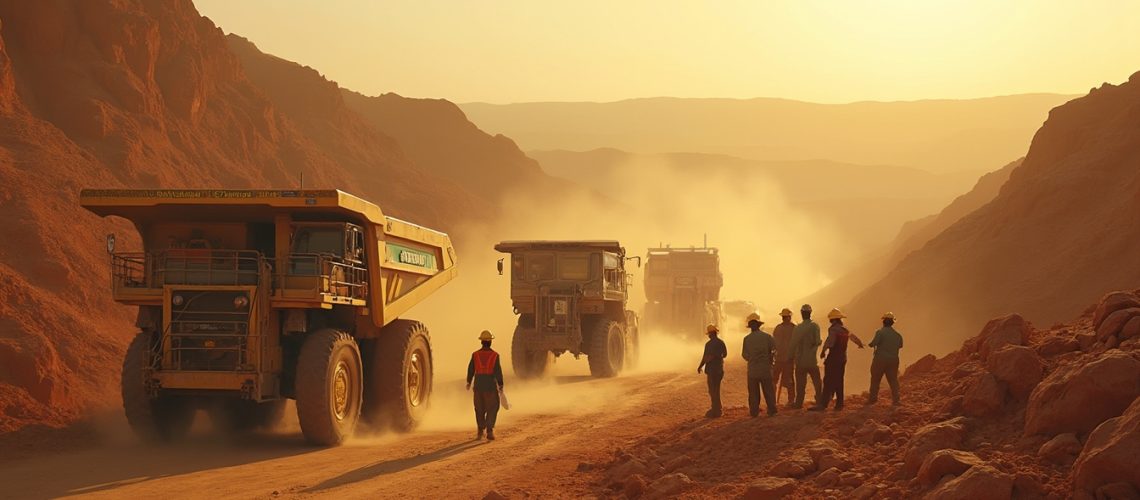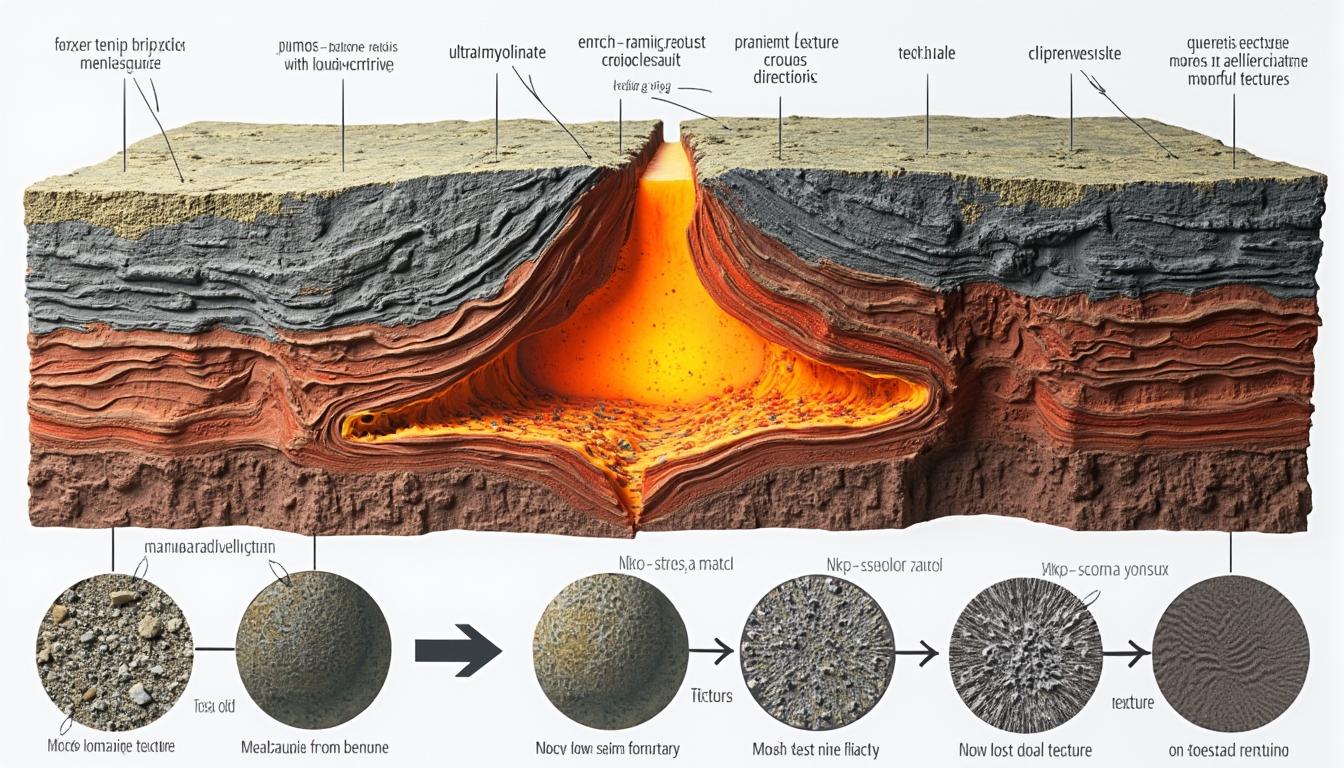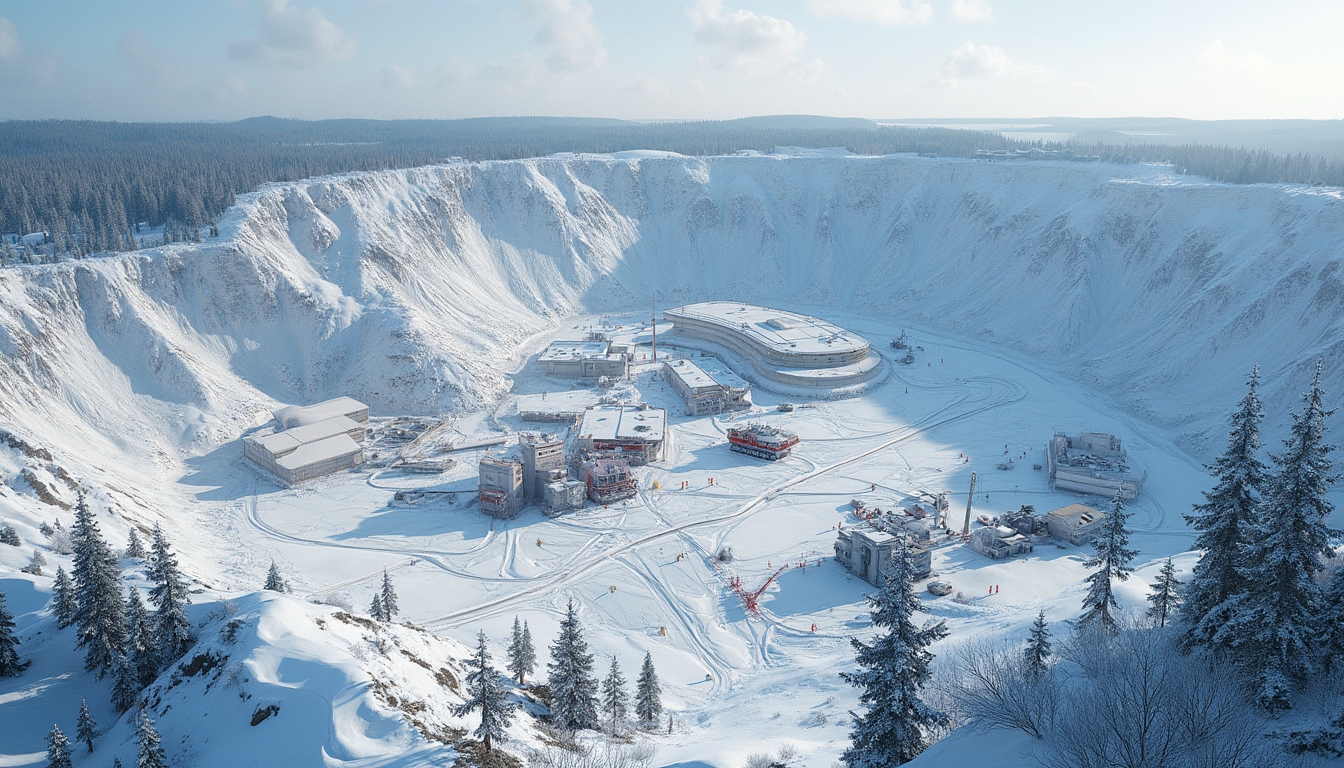Introduction
Allied Gold's strategic mining venture in Mali marks a significant milestone in the region's mineral resource development. Situated near the established Sadiola mine, the Korali-Sud project emerges as a pivotal investment opportunity in West Africa's dynamic gold mining landscape, reflecting the intricate Mali's mining sector dynamics. This project not only underscores the potential of Mali's rich geological formations but also highlights the evolving regulatory environment that shapes mining operations in the country.
Mali, as Africa's third-largest gold producer, has long been a focal point for international mining companies seeking to tap into its abundant resources. The Korali-Sud project represents not just another mining endeavour but a strategic move that could redefine gold mining in the region. As global demand for gold remains robust, ventures like Korali-Sud are poised to contribute significantly to both the local economy and the global gold supply chain.
Strategic Significance of the Korali-Sud Project
The project's strategic significance lies in its proximity to existing mining infrastructure and its potential to leverage the region's proven gold-rich geological formations. By positioning itself adjacent to the Sadiola mining complex, Allied Gold demonstrates a sophisticated understanding of regional mineral potential and operational efficiency.
The Sadiola mine, one of Mali's most prolific gold mines since 1996, has produced millions of ounces of gold, setting a benchmark for mining operations within the country. The Korali-Sud project aims to build upon this legacy by tapping into similar geological structures known to host significant gold deposits. This strategic placement offers logistical advantages, reducing the need for extensive new infrastructure investments and minimising operational costs.
For investors looking to capitalise on the growing mining sector, understanding the nuances of projects like Korali-Sud is essential. By analysing how Allied Gold strategically leverages existing infrastructure, investors can better navigate mining investment opportunities in regions like West Africa.
Mali's New Mining Code: A Game-Changing Regulatory Framework
The 2023 Mali mining code introduces a transformative approach to mineral resource management, fundamentally reshaping the relationship between international mining corporations and the government. Under this innovative regulatory framework, Mali secures a substantial 35% stake in mining operations, signalling a progressive stance on national resource sovereignty.
Mines Minister Amadou Keita emphasised that "the new project will be managed under Mali's new mining code," highlighting the government's commitment to maximising national economic benefits. This regulatory approach represents a strategic pivot towards more equitable resource extraction partnerships.
Key features of the new mining code include:
- Government Equity Participation: A mandatory 35% government stake in all mining projects.
- Revised Fiscal Policies: Changes to tax and royalty structures to increase national revenue.
- Community Development: Provisions for local community development and social responsibility.
- Environmental Protection: Enhanced regulations to ensure environmentally sustainable practices.
- Transparency Measures: Increased accountability for mining operations and revenue reporting.
However, implementing the new code is not without its challenges. Mining companies operating in volatile regions often face challenges in volatile mining regions, including geopolitical instability, security concerns, and regulatory uncertainties. Navigating these complexities is essential for success in such environments.
Project Economics and Resource Potential
Allied Gold's Korali-Sud project promises substantial economic prospects, with estimated resources totalling 200,000 ounces of gold. The projected annual revenue stands impressively at 120 billion CFA francs, translating to approximately $188 million—a significant contribution to Mali's economic landscape.
Ilias Keita, Vice President of Allied Gold Mali, confirmed the project's substantial investment scale, noting that the second phase development is estimated at $500 million. This significant financial commitment underscores the company's long-term strategic vision for the region.
The projected economic benefits include:
- Job Creation: Numerous employment opportunities in mining and ancillary services.
- Infrastructure Development: Improvements to transportation and local facilities.
- Foreign Investment Attraction: Strengthening Mali's position in the global mining sector.
- Economic Diversification: Contributing to broader economic growth beyond mining.
The Korali-Sud project not only bolsters Mali's position in the global gold market but also aligns with top mining production trends that emphasise sustainable and responsible mining practices.
Allied Gold's Strategic Expansion in Mali
The Sadiola project's licence renewal for a decade demonstrates Allied Gold's sustained commitment to Mali's mining sector. This strategic expansion goes beyond mere resource extraction, representing a comprehensive approach to regional economic development and collaborative partnership.
By investing $500 million in the project's second phase, Allied Gold signals confidence in Mali's mining potential and regulatory environment. The company's approach balances technical expertise with a nuanced understanding of local economic dynamics.
Allied Gold's global strategy includes:
- Diversified Operations: Mining ventures across Africa and other continents.
- Sustainable Practices: Commitment to environmentally responsible mining.
- Community Engagement: Initiatives for local development and capacity building.
- Innovation: Adoption of advanced technologies for efficient operations.
Government Perspectives on the Korali-Sud Project
Government officials have expressed significant optimism about the Korali-Sud project. Finance Minister Alousseni Sanou highlighted that "Mali will benefit from dividends through the application of all the texts in force, particularly the 2023 code."
This perspective underscores a collaborative approach to resource management, where both international investors and national stakeholders can derive meaningful economic benefits from responsible mining practices.
The government's objectives include:
- Maximising National Revenue: Increased earnings from mining activities.
- Sustainable Development: Aligning mining operations with environmental goals.
- Economic Growth: Leveraging mineral resources for broader economic advancement.
- International Partnerships: Attracting and retaining foreign investment through favourable policies.
Challenges and Opportunities in Mali's Mining Sector
The mining sector in Mali currently navigates a complex landscape of opportunities and challenges. Recent disputes between miners and the government have highlighted the delicate balance required in implementing new regulatory frameworks.
Challenges faced include:
- Security Concerns: Risks due to regional conflicts and instability.
- Infrastructure Limitations: Need for improved transportation and facilities in remote areas.
- Regulatory Changes: Adjusting to new policies and government stakes in operations.
- Market Volatility: Fluctuations in global gold prices affecting profitability.
However, these challenges also present opportunities for more transparent, mutually beneficial partnerships. The new mining code represents a progressive step towards creating a more equitable and sustainable mining ecosystem. By addressing these issues proactively, Mali can enhance its attractiveness to international investors and strengthen its mining sector.
FAQ: Allied Gold Mali Project
Q: What percentage stake does Mali hold in the project?
Mali holds a 35% stake in the new mine under the 2023 mining code.
Q: When is the project expected to commence?
The project is anticipated to begin operations in the near future, with substantial groundwork already completed.
Q: How does this project fit into Mali's broader mining strategy?
The Korali-Sud project aligns with Mali's strategic goal of maximising national economic benefits from mineral resources while attracting international investment.
Q: What are the projected economic benefits of the project for Mali?
The project is expected to generate annual revenues of approximately 120 billion CFA francs ($188 million), create employment opportunities, and contribute to infrastructure development.
Q: How is Allied Gold addressing environmental concerns?
Allied Gold is committed to implementing environmentally responsible mining practices, including the use of advanced technologies to minimise environmental impact and adherence to international environmental standards.
Conclusion
By combining geological potential, strategic planning, and innovative regulatory frameworks, the Allied Gold Mali project represents a promising chapter in the country's mining development narrative. The collaboration between Allied Gold and the Malian government exemplifies how international partnerships can foster economic growth while promoting equitable resource management.
As the project progresses, it will serve as a benchmark for future mining endeavours in Mali and potentially influence mining practices across the region. The success of the Korali-Sud project could usher in a new era of prosperity, stability, and sustainable development for Mali's mining sector.
Ready to Uncover Profitable Gold Investment Opportunities?
Discover hidden mining gems with Discovery Alert's AI-powered notifications, providing real-time insights into significant gold discoveries on the ASX that can transform your investment strategy. Start your 30-day free trial today and gain access to expert analysis that simplifies complex mineral exploration opportunities for both new and seasoned investors.







